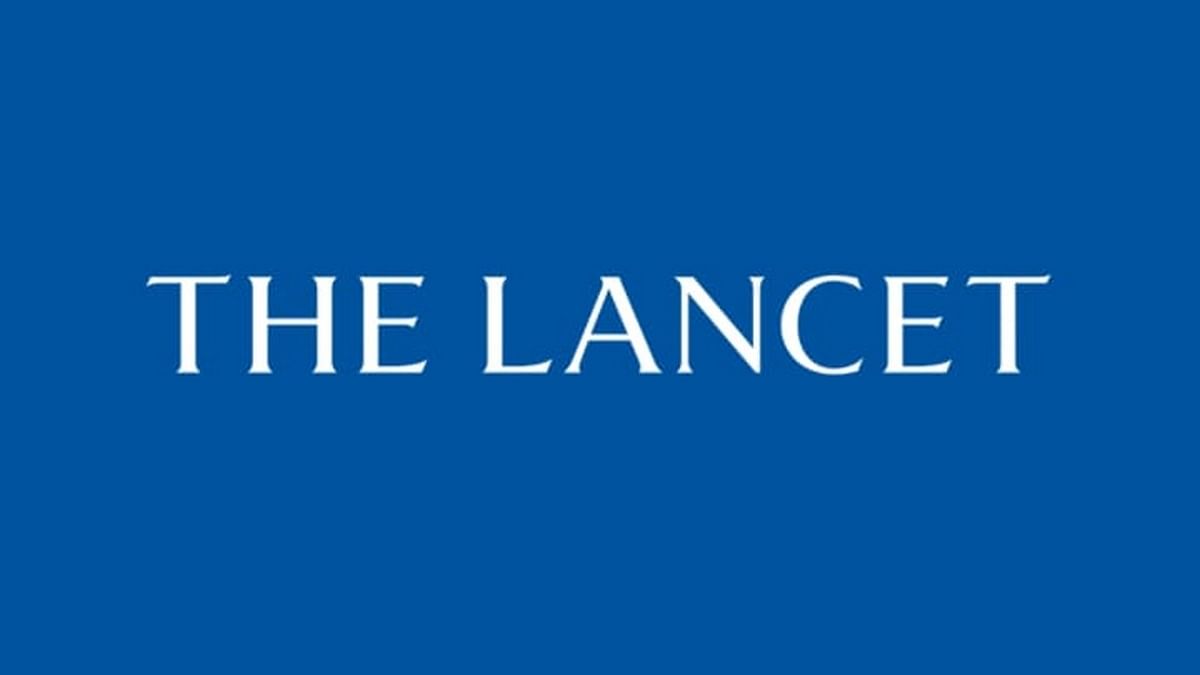
The Lancet Commission on the future of care and clinical research looked at what can be done in the next 5 years to address the current and urgent needs of autistic individuals and families. It highlights the knowledge gaps that remain, e.g. regarding what interventions and support strategies are effective for whom and when, and which interventions lead to long-term gain for autistic people. It also introduces the concept of “profound autism” to distinguish individuals who have high support needs. The commission has released a series of key messages and actionable recommendations to meet the needs of over 78 millions people on the autism spectrum worldwide.
The Lancet commission brought together stakeholders in autism from six continents and a range of perspectives, including clinicians and other health-care providers, researchers, advocates, self-advocates, and parents to address the future of health care in autism. It highlighted that urgent action is needed so that children and adults on the autism spectrum can have happy and healthy lives. In line with AE recommendations for a strategic approach to autism, it reaffirms that the complex needs of autistic people can only be met if governments ensure adequate coordination between health-care, education, finance, and social sectors across the life span, and active inclusion and participation of autistic people and their families.
A stepped care and personalised health approach to delivering services
The commission highlighted that the heterogeneity of autism requires personalised, evidence-based assessments and interventions, accessible and affordable to every person to improve the lives of individuals and their families. It notably recommends a stepped care and personalised health approach to delivering services and monitoring effectiveness across time as it provides a framework for efficient and equitable distribution of resources to improve outcomes. It means that support is tailored and adapted to autistic people’s individual needs and recognises that these needs will change throughout their lives. That stepped care approach starts families with the least cost-intensive appropriate treatment option and funnels children into more intensive services only as necessary. The approach needs to be used in culturally appropriate ways and can be adapted depending on a country’s available resources, the report notes. The treatment process should also consider individual preferences or, in the case of young children, those of their caretakers, as well as the time and resources available to the family at home.
The commission also emphasizes that more information about the economic and personal consequences of autism is urgently needed to inform the case for government and societal investment, action, and support worldwide. It also points out that autism and those with other neurodevelopmental conditions have many similar needs, therefore developing appropriate systems of care for people with autism will also improve outcomes for individuals with other neurodevelopmental conditions.
Investing in practical research having an impact on the lives of autistic people
National and international infrastructures should be developed to help prioritize research that goes beyond biology and studies of single interventions to focus instead on those that integrate care across systems over time and take into account individual differences within the autism spectrum that lead to better outcomes.
Recent high-quality trials among young children on the autism spectrum have identified psychosocial interventions that can result in changes that could mitigate the influence of autism on development for some people. Research is now needed to identify what factors enable people with autism to live positive, fulfilling lives, the key elements of effective interventions for children and adults, and the wider environmental barriers to change for people with autism.
“Basic science is often prioritised over more practical knowledge, leaving people living with autism, families, and providers without evidence-based guidance. Individuals with autism are a valued part of society. We urge commitment to greater investments in what can be done for people living with autism and their families now, with a focus on how to build on existing information to answer specific practical questions that will then better inform interventions and services to help people living with autism achieve their fullest potential,” says Commission co-chair Prof Tony Charman of King’s College London (UK).
Introducing the term ‘profound autism’
The Commission reiterates the value of neurodiversity among people with autism – or the natural variability within human brains and minds – to create stronger, wiser communities and positive social values. At the same time, the report formally introduces the term ‘profound autism’ to refer to autistic people with severe intellectual disability, limited communication abilities or both. The term should not be used for children younger than about 8 years old, and it may be more appropriate for adolescents and adults, the report notes. The authors propose that the designation be used for administrative purposes (rather than a formal diagnosis) in order to encourage both the clinical and research global communities to prioritise the needs of this vulnerable and underserved population. The authors validated the designation of profound autism against three databases and found that it would apply to anywhere between 18% to 48% of people with autism (panel 2).